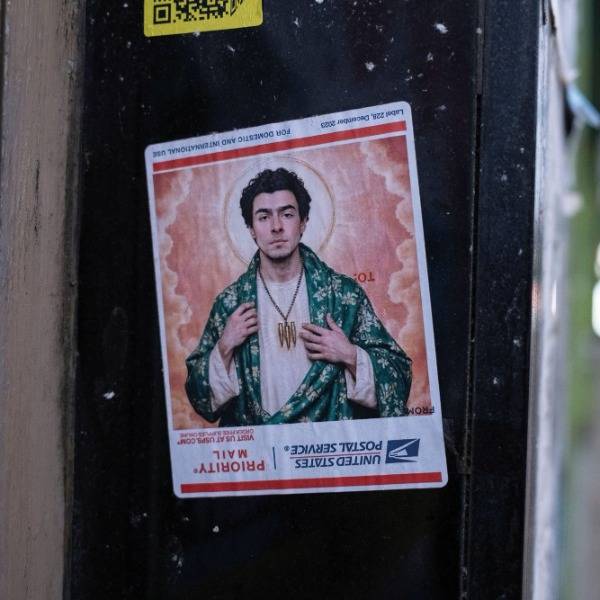From the banning of the upcoming Biblical epic Noah in several Middle Eastern countries, to constantly reappearing charges against musicians in Poland, to mass demonstrations and violence in Bangladesh, criminalising blasphemy leads to a variety of charges, censorship mandates and vigilante attacks all over the globe.
According to the Prisoners of Belief report published last week by the US Commission on International Religious Freedom, Pakistan remains the “most egregious example” of countries banning blasphemy: currently 33 people are imprisoned for the offence, 14 of whom are facing the death penalty. But Pakistan is not the only country to punish blasphemers: nations as diverse as Ireland, Kuwait and Philippines criminalise the act, and the report expresses concern that some countries are introducing new restrictions.
Since starting our World of Blasphemy series, we have seen a number of widely-reported blasphemy cases. In Indonesia, five girls were charged for performing prayer movements to a pop song; Malaysia banned the use of the word “Allah” by non-Muslims; publishing giant Penguin withdrew an “offensive” book about Hinduism in India; Turkey convicted a world-renown pianist for suggesting that heaven might be a tavern or a brothel; in the aftermath of the Pussy Riot protest, Russia signed in new blasphemy laws; a satirical Facebook page led to a jail sentence in Greece; and an international petition caused an “Allah” pendant to be edited out of a pop video on YouTube. The UK may have abolished its ancient blasphemy laws in 2008, but balancing between freedom of speech and restricting possibly offensive words and acts is a continuous issue here as well: in the past year we’ve seen censorship of “offensive images” on University campuses and TV shows, and a massive Twitter feud about the Jesus & Mo comic.
But the news is not always negative. This year has already seen two blasphemy “offenders” freed: in February, Alexander Aan – imprisoned for 30 months for expressing his atheism online - was released in Indonesia. And in Tunisia, a blogger sentenced to 7 years in prison for posting cartoons that “insulted the Prophet” was freed earlier this month. International rejection of criminalising blasphemy seems to be gaining some momentum as well: recently, the European Parliament passed a resolution which clearly states that it rejects all blasphemy bans, and “recommends that the Member States decriminalise such offences”. The UN has also repeatedly rejected calls for criminalising “defamation of religions”; in fact, the organisation’s top freedom of religion official has stated that all blasphemy laws should be abolished. These of course are merely recommendations, and will not stop countries holding on to their “defamation” restrictions or other international alliances from grafting their own blasphemy articles.
Criminalising blasphemy and/or religious offence is problematic at its best, and deadly at its worst. It is impossible to clearly define offence or hurt feelings, and vague criminal articles open the door for misuse of power, arbitrary persecution, and oppression of minorities and political opposition. They trample on freedom of speech, thought and expression; and hinder science, art and literature. Moreover, blasphemy laws go against the international understanding of human rights (e.g. the UN’s Universal Declaration of Human Rights and the International Covenant on Civil and Political Rights mandate freedom of religion, thought and expression) and most often contradict the nation’s own constitution as well. Importantly, a state’s protection of religious feelings will not increase tolerance, but in reality can encourage the zealous to take the law into their own hands.
Opposing blasphemy laws is not about wishing to deny people the right to feel offended or to defend their beliefs; these rights should be available for the religious and the non-believer alike. And this is what it finally comes down to: feelings, beliefs and opinions. Most believers would agree that their God is capable on inflicting a heavenly punishment on blasphemers, so banning religious offence is about sparing the feelings of believers on earth. But criminalising opinions and beliefs has proved to be dangerous and dividing, so on this earth, people must take precedence over hurt feelings.

